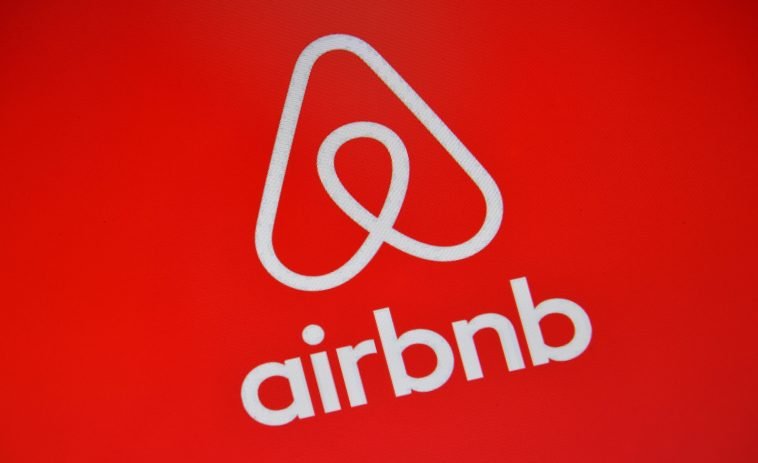Introduction.
Investing in an Airbnb property can seem pretty exciting and, honestly, a bit overwhelming. Owning a short-term rental offers the potential for steady income, a place to escape for vacations, and a chance to build wealth through real estate.
But buying the right Airbnb property isn’t just about finding a pretty place and putting it on the site. It involves thorough research, clear planning, and understanding the ins and outs of the market and what local regulations allow.
In this guide, I’ll walk you through what you need to know before purchasing an Airbnb property, from researching locations to financing options and everything in between. Let’s dive into the steps that make up this investment journey.
How Do I Buy an Airbnb Property?
1. Research the Location Thoroughly.
The location is one of the most crucial factors when buying an Airbnb property. Demand, property values, local regulations, and overall profitability hinge on it. Here are some key aspects to consider:
- Tourism and Attractions: Properties in tourist hotspots, near popular attractions, or in scenic spots generally see higher demand.
- Regulations and Restrictions: Some cities have strict laws regarding short-term rentals. Check if there are limitations on Airbnb listings or specific rules you’ll need to follow.
- Occupancy Rates and Seasonal Demand: Research historical occupancy rates, especially if the area has strong seasonal tourism. Websites like AirDNA provide data on potential earnings and occupancy for short-term rentals in different locations.
2. Calculate Potential Revenue and Costs.
Understanding how much you could make from your property—and how much it will cost to keep it running—is key to a successful Airbnb investment. Look at both projected revenue and costs, including:
- Expected Rental Income: Use platforms like AirDNA or Mashvisor to estimate potential income based on local data.
- Operating Costs: Think about property management fees (if you’re hiring help), cleaning costs, repairs, utility bills, and supplies.
- Property Taxes and Insurance: Don’t forget about property taxes, which vary widely, and the additional insurance costs needed for short-term rentals.
3. Explore Financing Options.
Financing a short-term rental property is often a bit different than financing a traditional home. Lenders may view Airbnb properties as riskier investments. Here’s what to know:
- Conventional Mortgages: Some lenders allow conventional financing for Airbnb properties, but it often requires higher down payments and strong credit.
- Vacation Home Loans: These are mortgage loans specifically designed for second homes and vacation properties, although they may come with specific occupancy requirements.
- Short-Term Rental Loans: Specialized lenders offer loans tailored for Airbnb and other short-term rental investments. These can be a good fit if conventional mortgages aren’t an option.
4. Consider Hiring a Property Manager.
If you don’t live near the property or don’t have the time for daily management, consider hiring a property manager.
They can handle cleaning, guest communications, and general maintenance, making your Airbnb a more hands-off investment.
- Full-Service Property Managers: These companies handle all aspects of the rental, from pricing adjustments to check-in/out. Expect to pay between 20% and 30% of your revenue.
- Self-Management with Software: Platforms like Guesty or Hostfully let you manage bookings, guest communication, and maintenance, helping streamline the process if you’re managing remotely.
5. Factor in Marketing and Guest Experience.
Standing out on Airbnb is crucial, so marketing your property well and maintaining a top-notch guest experience can go a long way.
- Professional Photos and Staging: Well-staged photos attract more bookings. Consider hiring a professional photographer or staging the property to make it more appealing.
- Clear Communication and Personal Touches: Positive reviews are built on great guest experiences. Make sure communication is timely, instructions are clear, and consider small personal touches to make your place memorable.
Pros and Cons of Investing in an Airbnb Property
Pros
- Potential for High Income: Depending on the location, short-term rentals can generate more income than traditional long-term rentals.
- Flexibility for Personal Use: You can block off dates for personal use, essentially giving yourself a vacation home.
- Dynamic Pricing: Platforms like Airbnb let you adjust pricing based on demand, helping to optimize earnings.
Cons
- Regulation Risks: Local laws can change quickly, sometimes banning or severely limiting short-term rentals.
- Higher Upkeep and Operating Costs: Cleaning, maintenance, and property management can add up, especially with frequent turnover.
- Seasonal Demand Fluctuations: Depending on the location, you may experience high seasonality, impacting year-round occupancy rates.
Frequently Asked Questions (FAQ)
Q: What type of insurance do I need for an Airbnb property?
A: Regular homeowners’ insurance usually doesn’t cover short-term rentals, so you’ll likely need short-term rental insurance, which covers damages, liability, and lost income.
Q: Are there tax implications with Airbnb income?
A: Yes, Airbnb income is considered taxable, and you’ll need to report it as rental income on your taxes. Many expenses can be written off, but check with a tax advisor to know what applies.
Q: Can I rent out my primary residence on Airbnb?
A: You can, but regulations vary. Some places allow short-term rentals only if it’s the host’s primary residence, while others may have stricter rules.
Q: How much does a property manager cost?
A: Full-service property managers typically charge 20% to 30% of the monthly rental income, though it varies based on location and services.
Q: Do I need a special license to run an Airbnb?
A: Some cities require a business or short-term rental license. It’s best to check with the local government or consult a real estate attorney for specific requirements.
Conclusion.
Investing in an Airbnb property is about balancing potential profits with careful planning and understanding the market.
With the right approach, an Airbnb can be a profitable investment and a flexible asset in your portfolio.
But it’s essential to navigate regulations, secure financing that suits your goals, and invest in creating an exceptional guest experience.
What kind of Airbnb property would you consider investing in, and where do you see the best opportunities?





GIPHY App Key not set. Please check settings